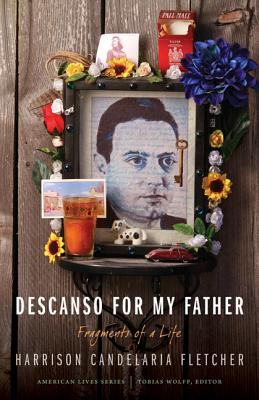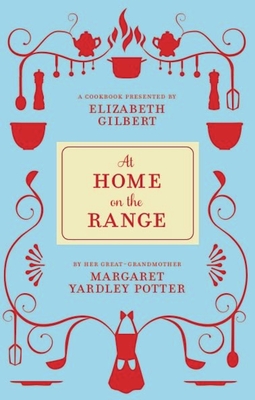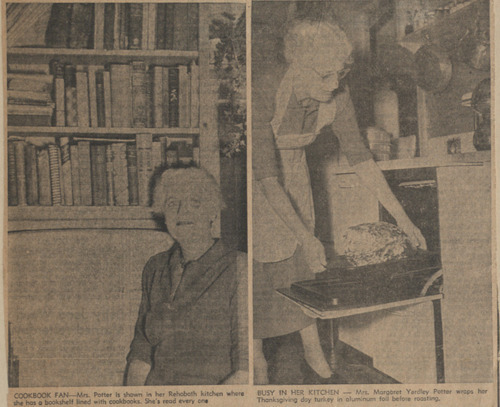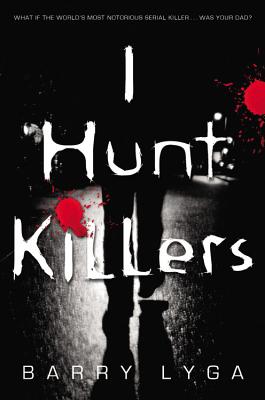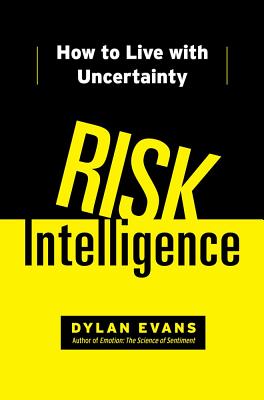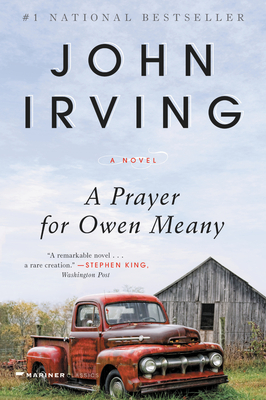Emily St. John Mandel is the author of three books: Last Night in Montreal, The Singer's Gun and most recently The Lola Quartet. She is a staff writer for The Millions as well as a contributor to The Great American Novel: Writer's on the Future of the Book and the upcoming Venice Noir.
The Interview:
Joe: First off: How does it feel to have a second #1 Indie Next pick?
Emily: I feel extraordinarily lucky. It's a tremendous honor.
Joe: When you think of a bookstore, what do you think of?
Emily: I think of that feeling you get when you discover something new. I feel it when I come across great music by an artist I've never heard of, or a beautiful painting, or in the case of bookstores, a book I hadn't considered buying and hadn't known existed until I saw it in the store and decided I couldn't possibly leave without it. One can of course discover and buy a great new book online, but I'm awfully distracted when I'm online, and I find buying books online to be less satisfying than discovering them in person.
Joe: What's a typical day of writing look like for you?
Emily: There isn't really a typical day. I have a day job, like most writers I know, but fortunately it's part-time and very flexible. I have to go in five days a week for three and a half hours or so. So sometimes I write in the morning and go into work in the afternoon, or sometimes I go to work early and then come home and write in the afternoon. There are unfortunate days where the entire day gets eaten up by the day job and whatever tedious errands happen to come up, and I end up writing at night. On weekends I write and do career-related housekeeping things (updating my website, answering email, etc.) all day.
Joe: Artistically, who are your influences?
Emily: Among contemporary writers, I think I've been influenced heavily by Dan Chaon and Jennifer Egan. I've been influenced by Norman Mailer (I've only read a few of his books, but The Executioner's Song changed the way I write), Michael Ondaatje, J.D. Salinger, and Roberto Bolano, whose 2666 is one of my favorite books. I also think I've been influenced by a few musicians, especially Leonard Cohen and Michael Stipe, and by Quentin Tarantino.
Joe: Your last two novels have featured music in a predominate role... what is it about music that so compels your storytelling?
Emily: I'm careful never to write about anyone I know and my work is rarely autobiographical, but in some less obvious ways I find that my life seeps into my fiction. Things that interest me in real life tend to find their way into the work; I think there's so much music in my books simply because music has always been extremely important to me. I've found that when I'm interested in a given topic -- dead languages, say, or the music of Django Reinhardt, or Florida's exotic wildlife problem, or human trafficking -- it seems to end up in whatever book I'm writing at the time. It sometimes goes further than that: in The Singer's Gun, I somehow ended up including my cat.
Joe: When I think of your novels, I think of them as having intricate, webbed storylines that let the reader think they know where you're taking them, but you always manage to surprise. When you start writing, do you have the whole story available to you, or are you surprised by the twists it may take?
Emily: It's always a surprise. I never know how my books are going to end. I just start writing and see what happens. Eventually I'll figure out what the plot is, and then I go back and revise to make it all work. The revisions are endless; my experience has been that when I finish a first draft, I'm only about halfway through the process of writing the book. It's probably not the most efficient way to write a novel, but I don't know how to do it differently, and I've always thought I'd get bored if I were writing from an outline.
Joe: What are you waiting to happen in the world of literature/writing?
Emily: I'm waiting for the barriers between literary and genre fiction to fall. I think those walls are already crumbling; in the recent past we've had Colson Whitehead's literary zombie novel Zone One, and Dan Chaon's literary/horror short story collection Stay Awake, and Patrick DeWitt's literary shoot-'em-up The Sisters Brothers. I loved all those books. Those recent examples aside, I can't help but notice that some of the works we categorize as genre (John Le Carre's The Russia House, for instance) are as beautifully written and have as much to say about the human condition as any of the books that we categorize as literary fiction. I think the distinction between "literary" and "genre" works is increasingly meaningless.
Joe: What do you think of ebooks? Do you read real books or ebooks?
Emily: I only read print. I'm not opposed to ebooks, but I spend so much of my life staring at screens that it's a pleasure to take a break from the digital world and read words printed on paper. I also love books as objects, and like having them around me. There's something soothing about being in a room full of books.
Joe: All of your novels have a definite sense of place, and often of more than one place. And you've lived in multiple cities. How do you translate the world you see into a world we can see as well?
Emily: I'm flattered to think I've succeeded in translating some of those places into a world you can see. Thank you. As a reader, I find that if descriptions of place go on too long, I'll start skimming. It's a weird paradox, but I feel like the key to creating a believable place is to just give a few relevant details, and otherwise not tell the reader too much about it; you don't want anyone either skimming over the prose in search of action or straining to visualize an endless list of details. So I try to keep descriptions of place to a minimum, on the theory that keeping it minimal forces readers to engage their imaginations and thus hopefully draws them in further. Hopefully.
Joe: What is the first book you recall reading?
Emily: I have some vague recollections of the primary readers ("See Spot run!") but the first real book I remember clearly is Robert Louis Stevenson's Treasure Island.
Joe: Your novels are often described as thrillers? Do you consider them thrillers or something else?
Emily: I don't really think of them as thrillers, although I'm very conscious when I'm writing of trying to maintain the tension of the plot. I'm never sure what to call my books (are they literary fiction? Crime fiction? Both?) but lately I've been telling people I write contemporary noir.
Joe: Do you think books will continue to have an influential role in our culture, and if so, how?
Emily: I think books will always have an influential role in our culture. As a species, we've always been fascinated by stories, and books have a relatively low barrier for entry as a story-telling medium, by which I mean that they don't require special equipment in the way that movies or audio recordings do. I spend a lot of time on the New York City subway going to and from my day job, and everyone on my subway line reads. You'll see a line of people sitting or standing there on the train, reading books either in print or on ereaders, or reading newspapers or The New Yorker. It's a heartening sight.
Joe:Your novels are a joy to handsell to customers. If you were working in a bookstore today, what books would you want to handsell to customers?
Emily: Thank you! I'm reading a book right now called The Mirage, by Matt Ruff. I think it would be fun to handsell; it's wildly original, the plot and structure are well-executed, and the writing is very good. A few of my favorite books of the last year or two have been Christopher Boucher's How To Keep Your Volkswagen Alive, Kira Henehan's Orion You Came And You Took All My Marbles, Patrick DeWitt's The Sisters Brothers, and Irmgard Keun's After Midnight (which was originally published in the late '30s, but was just reissued by Melville House.)
Joe: Thank you, Emily, for answering my questions, and for writing such amazing novels!
Emily: Thanks for interviewing me.
BTC will be running Joe's review of Emily St. John Mandel's latest book, The Lola Quartet this coming Wednesday, May 2.
The Interview:
Joe: First off: How does it feel to have a second #1 Indie Next pick?
Emily: I feel extraordinarily lucky. It's a tremendous honor.
Joe: When you think of a bookstore, what do you think of?
Emily: I think of that feeling you get when you discover something new. I feel it when I come across great music by an artist I've never heard of, or a beautiful painting, or in the case of bookstores, a book I hadn't considered buying and hadn't known existed until I saw it in the store and decided I couldn't possibly leave without it. One can of course discover and buy a great new book online, but I'm awfully distracted when I'm online, and I find buying books online to be less satisfying than discovering them in person.
Joe: What's a typical day of writing look like for you?
Emily: There isn't really a typical day. I have a day job, like most writers I know, but fortunately it's part-time and very flexible. I have to go in five days a week for three and a half hours or so. So sometimes I write in the morning and go into work in the afternoon, or sometimes I go to work early and then come home and write in the afternoon. There are unfortunate days where the entire day gets eaten up by the day job and whatever tedious errands happen to come up, and I end up writing at night. On weekends I write and do career-related housekeeping things (updating my website, answering email, etc.) all day.
Joe: Artistically, who are your influences?
Emily: Among contemporary writers, I think I've been influenced heavily by Dan Chaon and Jennifer Egan. I've been influenced by Norman Mailer (I've only read a few of his books, but The Executioner's Song changed the way I write), Michael Ondaatje, J.D. Salinger, and Roberto Bolano, whose 2666 is one of my favorite books. I also think I've been influenced by a few musicians, especially Leonard Cohen and Michael Stipe, and by Quentin Tarantino.
Joe: Your last two novels have featured music in a predominate role... what is it about music that so compels your storytelling?
Emily: I'm careful never to write about anyone I know and my work is rarely autobiographical, but in some less obvious ways I find that my life seeps into my fiction. Things that interest me in real life tend to find their way into the work; I think there's so much music in my books simply because music has always been extremely important to me. I've found that when I'm interested in a given topic -- dead languages, say, or the music of Django Reinhardt, or Florida's exotic wildlife problem, or human trafficking -- it seems to end up in whatever book I'm writing at the time. It sometimes goes further than that: in The Singer's Gun, I somehow ended up including my cat.
Joe: When I think of your novels, I think of them as having intricate, webbed storylines that let the reader think they know where you're taking them, but you always manage to surprise. When you start writing, do you have the whole story available to you, or are you surprised by the twists it may take?
Emily: It's always a surprise. I never know how my books are going to end. I just start writing and see what happens. Eventually I'll figure out what the plot is, and then I go back and revise to make it all work. The revisions are endless; my experience has been that when I finish a first draft, I'm only about halfway through the process of writing the book. It's probably not the most efficient way to write a novel, but I don't know how to do it differently, and I've always thought I'd get bored if I were writing from an outline.
Joe: What are you waiting to happen in the world of literature/writing?
Emily: I'm waiting for the barriers between literary and genre fiction to fall. I think those walls are already crumbling; in the recent past we've had Colson Whitehead's literary zombie novel Zone One, and Dan Chaon's literary/horror short story collection Stay Awake, and Patrick DeWitt's literary shoot-'em-up The Sisters Brothers. I loved all those books. Those recent examples aside, I can't help but notice that some of the works we categorize as genre (John Le Carre's The Russia House, for instance) are as beautifully written and have as much to say about the human condition as any of the books that we categorize as literary fiction. I think the distinction between "literary" and "genre" works is increasingly meaningless.
Joe: What do you think of ebooks? Do you read real books or ebooks?
Emily: I only read print. I'm not opposed to ebooks, but I spend so much of my life staring at screens that it's a pleasure to take a break from the digital world and read words printed on paper. I also love books as objects, and like having them around me. There's something soothing about being in a room full of books.
Joe: All of your novels have a definite sense of place, and often of more than one place. And you've lived in multiple cities. How do you translate the world you see into a world we can see as well?
Emily: I'm flattered to think I've succeeded in translating some of those places into a world you can see. Thank you. As a reader, I find that if descriptions of place go on too long, I'll start skimming. It's a weird paradox, but I feel like the key to creating a believable place is to just give a few relevant details, and otherwise not tell the reader too much about it; you don't want anyone either skimming over the prose in search of action or straining to visualize an endless list of details. So I try to keep descriptions of place to a minimum, on the theory that keeping it minimal forces readers to engage their imaginations and thus hopefully draws them in further. Hopefully.
Joe: What is the first book you recall reading?
Emily: I have some vague recollections of the primary readers ("See Spot run!") but the first real book I remember clearly is Robert Louis Stevenson's Treasure Island.
Joe: Your novels are often described as thrillers? Do you consider them thrillers or something else?
Emily: I don't really think of them as thrillers, although I'm very conscious when I'm writing of trying to maintain the tension of the plot. I'm never sure what to call my books (are they literary fiction? Crime fiction? Both?) but lately I've been telling people I write contemporary noir.
Joe: Do you think books will continue to have an influential role in our culture, and if so, how?
Emily: I think books will always have an influential role in our culture. As a species, we've always been fascinated by stories, and books have a relatively low barrier for entry as a story-telling medium, by which I mean that they don't require special equipment in the way that movies or audio recordings do. I spend a lot of time on the New York City subway going to and from my day job, and everyone on my subway line reads. You'll see a line of people sitting or standing there on the train, reading books either in print or on ereaders, or reading newspapers or The New Yorker. It's a heartening sight.
Joe:Your novels are a joy to handsell to customers. If you were working in a bookstore today, what books would you want to handsell to customers?
Emily: Thank you! I'm reading a book right now called The Mirage, by Matt Ruff. I think it would be fun to handsell; it's wildly original, the plot and structure are well-executed, and the writing is very good. A few of my favorite books of the last year or two have been Christopher Boucher's How To Keep Your Volkswagen Alive, Kira Henehan's Orion You Came And You Took All My Marbles, Patrick DeWitt's The Sisters Brothers, and Irmgard Keun's After Midnight (which was originally published in the late '30s, but was just reissued by Melville House.)
Joe: Thank you, Emily, for answering my questions, and for writing such amazing novels!
Emily: Thanks for interviewing me.
BTC will be running Joe's review of Emily St. John Mandel's latest book, The Lola Quartet this coming Wednesday, May 2.


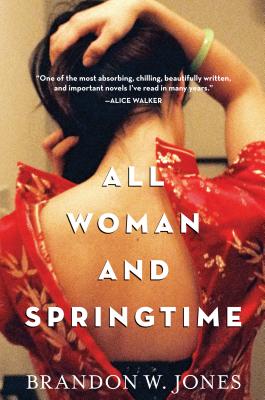

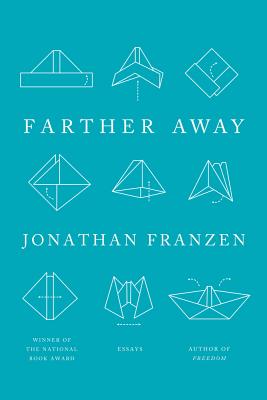
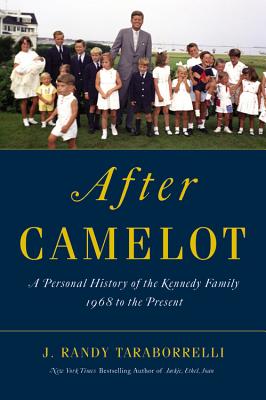

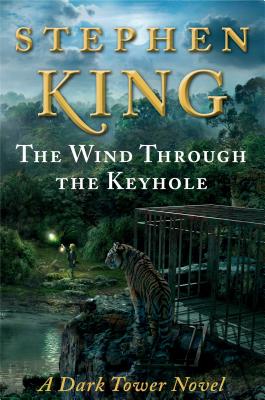
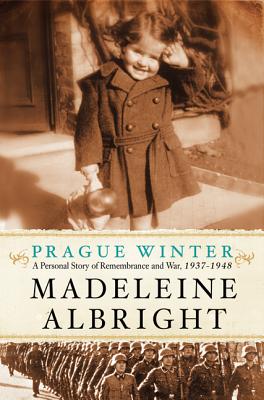
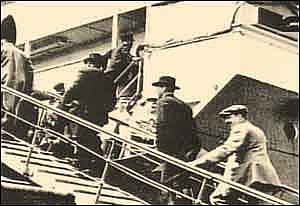

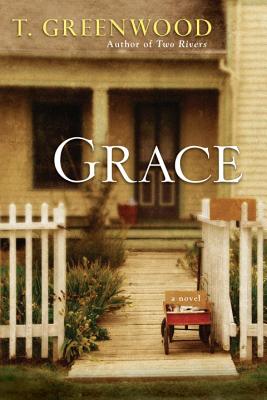

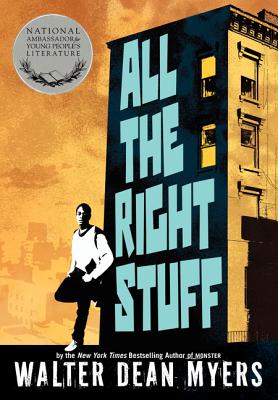
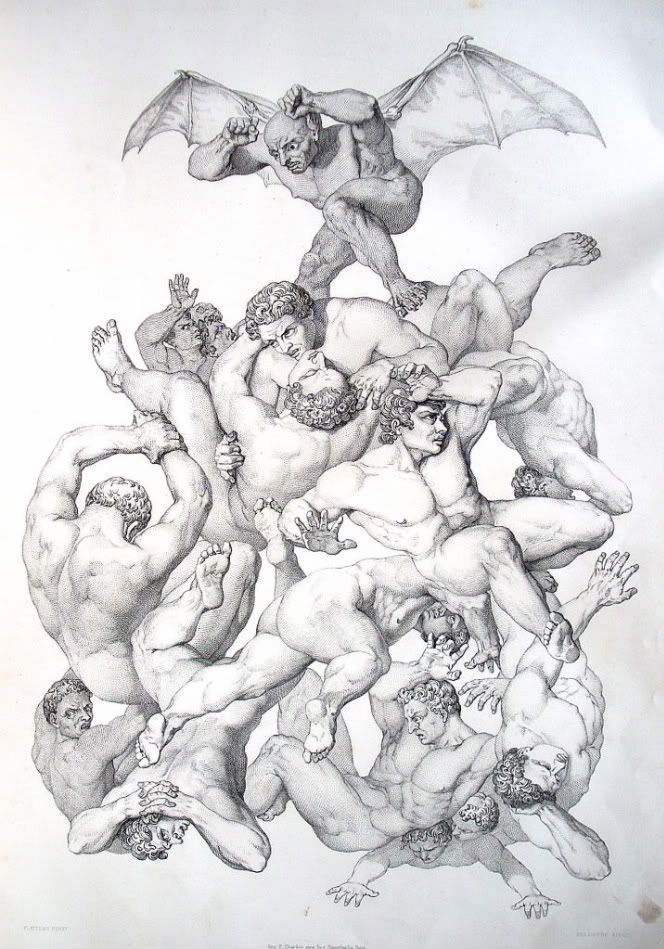
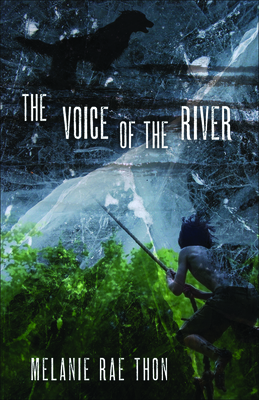




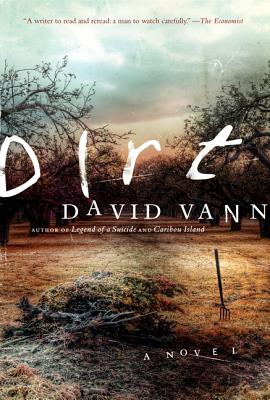

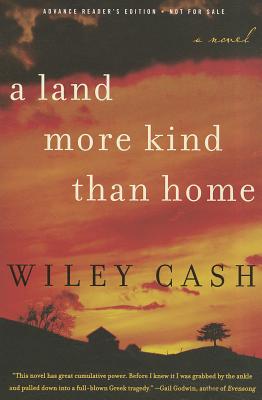
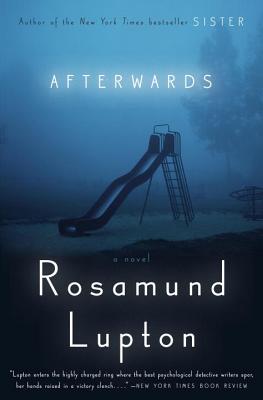
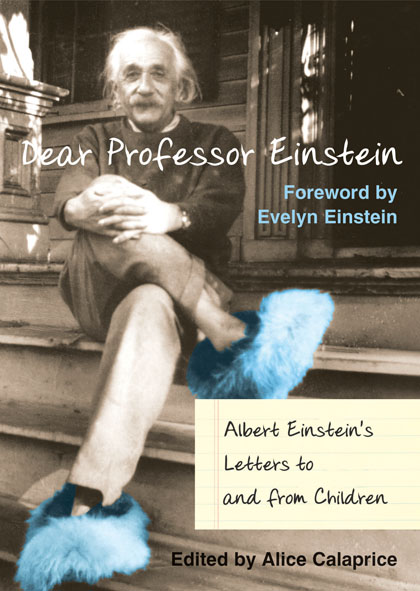

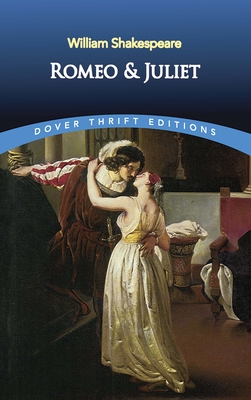


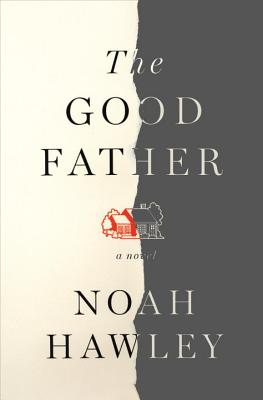

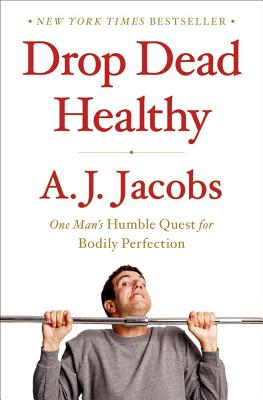



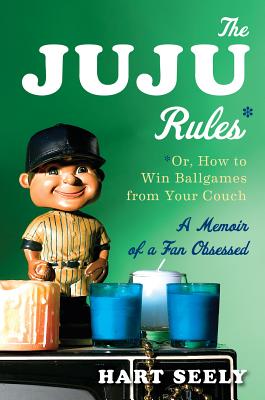
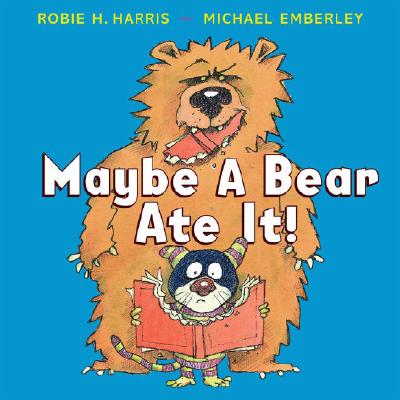
 As part of the festivities, children’s author
As part of the festivities, children’s author 
